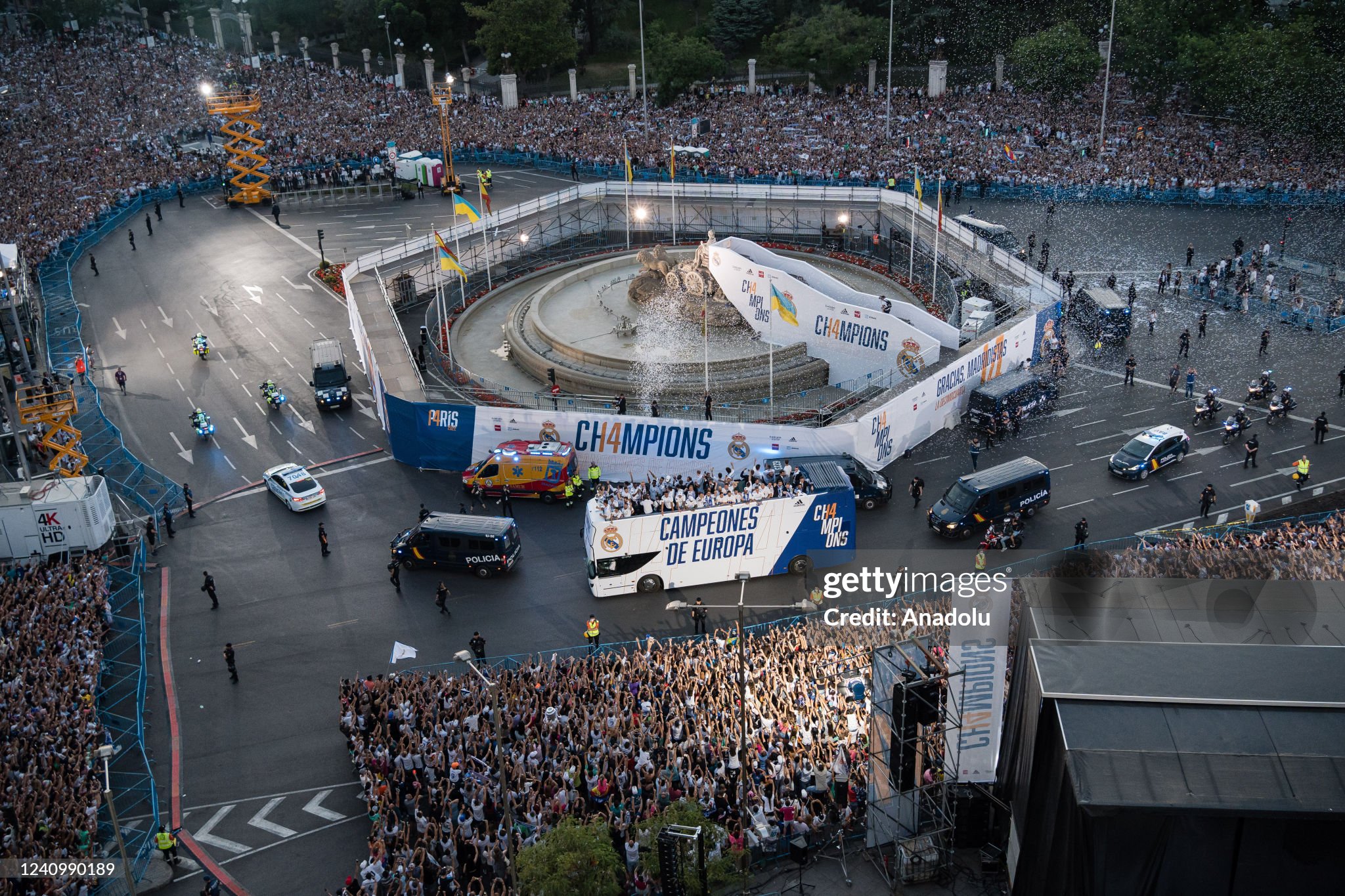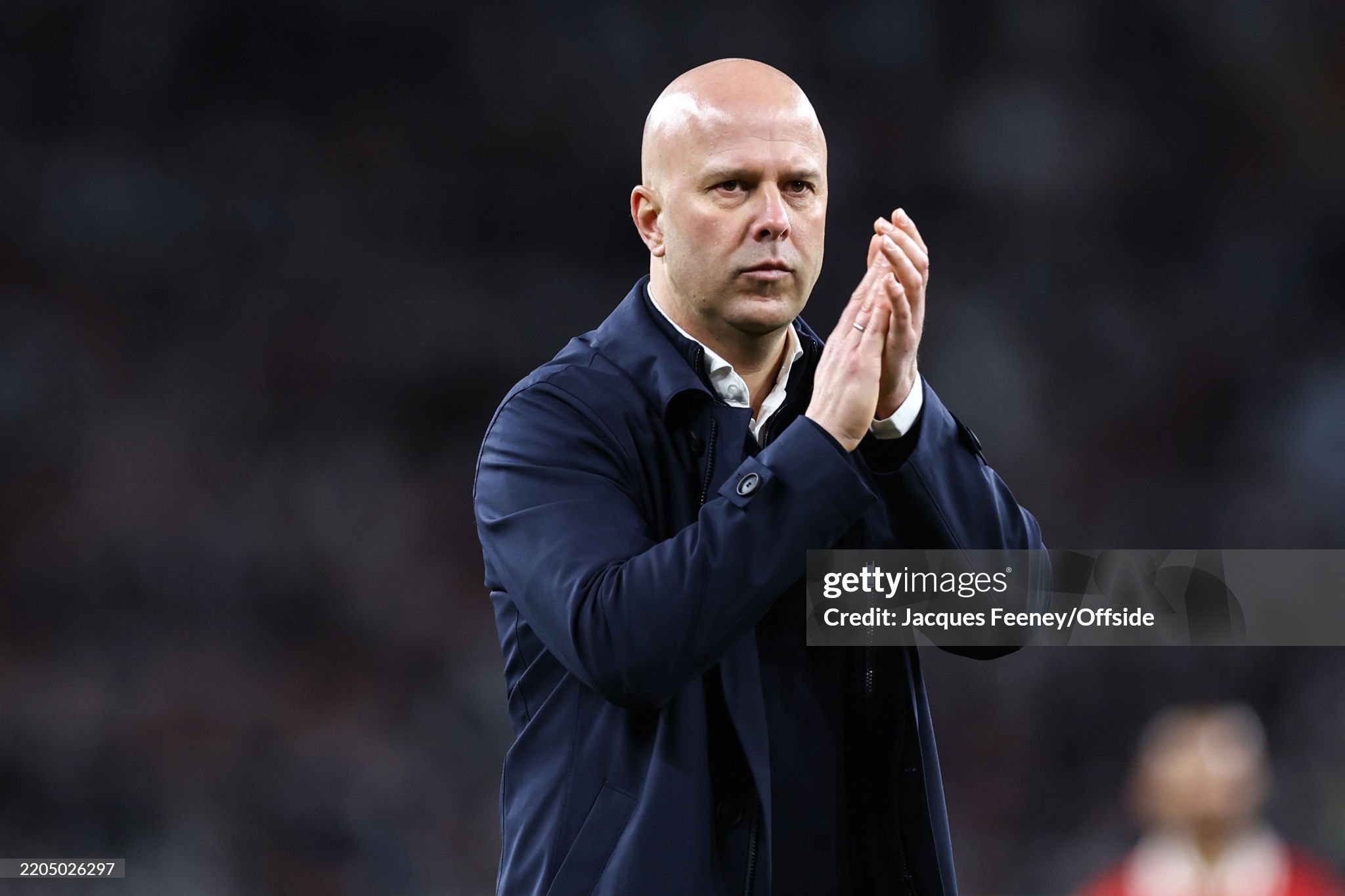Real Madrid, one of the most iconic and successful football clubs in the world, has a storied history that spans over a century. From its humble origins in 1902 to its present-day global dominance, Real Madrid has consistently been at the forefront of football excellence, capturing the hearts of millions of fans worldwide.
 Embed from Getty Images
Embed from Getty Images
Foundation and Early Years: Real Madrid was founded on March 6, 1902, under the name "Madrid Football Club." The club's early years were marked by modest success as they participated in local competitions and gradually gained popularity. In 1920, Real Madrid won its first regional championship, signaling the beginning of their rise to prominence. The construction of the iconic Santiago Bernabeu Stadium in 1947 further solidified the club's stature and became a symbol of their enduring legacy.
The Di Stefano Era: The signing of Alfredo Di Stefano in 1953 marked a turning point in Real Madrid's history. Di Stefano, widely regarded as one of the greatest players of all time, played a pivotal role in the club's domination during the 1950s and 1960s. Under the guidance of coach Miguel Muñoz, Real Madrid achieved unprecedented success, winning five consecutive European Cups from 1955 to 1960. This remarkable feat solidified their status as the premier club in European football and laid the foundation for their future triumphs.
La Quinta del Buitre and the Galacticos: In the 1980s, Real Madrid witnessed the emergence of "La Quinta del Buitre" (The Vulture's Cohort), a group of talented players who came through the club's youth system, led by Emilio Butragueño. This period saw Real Madrid reclaim domestic dominance and enjoy success on the European stage, winning numerous domestic league titles and UEFA trophies. However, in the early 2000s, the club embarked on a period of lavish spending known as the "Galacticos era," where they recruited star players such as Zinedine Zidane, Luis Figo, Ronaldo, and David Beckham. While this approach brought some success, it also presented challenges in terms of team cohesion and sustained results.
The Modern Era: The appointment of Zinedine Zidane as head coach in 2016 ushered in a new era of success for Real Madrid. Under Zidane's guidance, the club achieved remarkable feats, including winning three consecutive UEFA Champions League titles from 2016 to 2018. Zidane's tactical acumen, combined with the exceptional talents of players such as Cristiano Ronaldo, Sergio Ramos, and Luka Modric, propelled Real Madrid to new heights and solidified their reputation as one of the dominant forces in European football.
Off the field, Real Madrid has also been a pioneer in business and marketing strategies, driving exponential growth in its brand value and establishing itself as one of the most valuable sports franchises worldwide. Additionally, Real Madrid's commitment to nurturing young talent through their renowned youth academy, known as "La Fabrica," has produced a steady stream of world-class players over the years.
Conclusion: The history of Real Madrid is a tapestry of triumphs, legendary players, and an unwavering pursuit of excellence. From its humble beginnings to its present-day dominance, the club has consistently pushed boundaries and captivated the footballing world with their style of play and winning mentality. Real Madrid's legacy is built on a foundation of exceptional achievements, iconic players, and a commitment to fostering talent at all levels. As fans eagerly anticipate the future, they can take solace in the greatness of Real Madrid's past, which serves as a constant reminder of the club's enduring legacy and its indelible mark on the world of football.
Updated: 11:02, 25 May 2023








